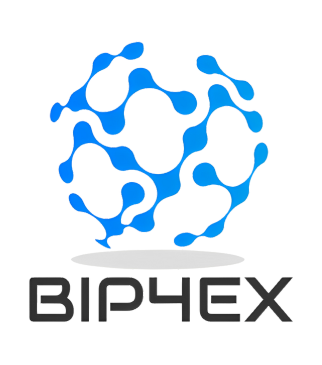The EFSA Panel on Food Contact Materials (FCM) assessed the safety of the recycling process Gneuss 5. The input is hot caustic washed and dried poly(ethylene terephthalate) (PET) flakes mainly originating from collected post‐consumer PET containers, with no more than 5% PET from non‐food consumer applications. The flakes are melted in an extruder (step 2), decontaminated during a melt‐state polycondensation (MSP) ■■■■■ (step 3) and finally pelletised. Having examined the challenge test provided, the Panel concluded that MSP (step 3) is critical in determining the decontamination efficiency of the process. The operating parameters to control the efficiency of step 3 are the pressure, the temperature, the residence time as well as the geometrical and operational characteristics of the reactor. It was demonstrated by the challenge test that this recycling process ensures that the level of migration of potential unknown contaminants into food is below the conservatively modelled migration of 0.0481 or 0.0962 μg/kg food, depending on the molecular mass of a contaminant substance. Therefore, the Panel concluded that the recycled PET obtained from this process is not of safety concern, when used at up to 100% for the manufacture of materials and articles for contact with all types of foodstuffs, including drinking water, for long‐term storage at room temperature or below, with or without hot‐fill. Articles made of this recycled PET are not intended to be used in microwave and conventional ovens and such uses are not covered by this evaluation.
